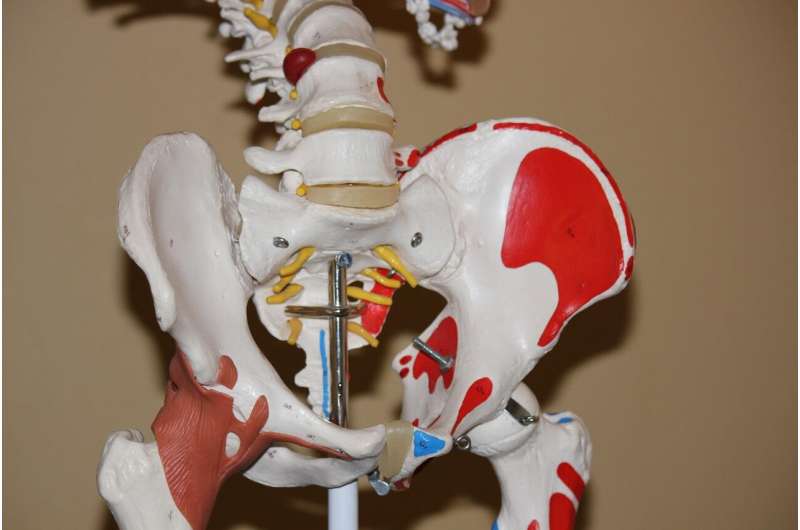How digitalizing hip and knee replacement surveys can save time and improve compliance

A study led by the University of Exeter, published in BMJ Open, modeled an alternative to the current patient-reported outcome measures (PROMs) questionnaire. Since 2009, all patients who have undergone hip or knee surgery are asked to complete the document, to assess how effective the procedure has been.
The program, which costs upwards of an estimated £825,000 annually to deliver, is designed to inform patients about the best providers for their procedure. It also aims motivate under-performing institutions to improve.
However, the PROMs process has been criticized for being lengthy and paper-based, meaning completion rates are low and data is often lost. Only half the data submitted was complete and suitable for analysis. The database is also under-utilized.
Now, an international research team has found that using a modernized questionnaire technique called computerized adaptive testing can significantly reduce the time it takes patients to complete the questionnaire. The method uses algorithms to select the most appropriate questions for individual patients. This can dramatically reduce the number of questions for each patient, without compromising precision. Rather than needing to complete 12 questions, simulations show that only four questions are required at 90 percent precision, and only two questions at 80 percent precision.
Lead author Jon Evans, NIHR Academic Clinical Lecturer at the University of Exeter, says that "collecting data from patients who have undergone hip and knee replacements has the potential to be hugely valuable, as patient reports are one of the best measures on whether they are successful. However, the current system is ineffective and absorbs tens of thousands of hours in data collection. Our research shows that moving to a digital system would be more efficient and effective for everyone involved, and this could now be implemented across the NHS."
More information: Jon Evans et al, Use of computerized adaptive testing to reduce the number of items in patient reported hip and knee outcome scores: an analysis of the NHS England National Patient-Reported Outcome Measures programme, BMJ Open (2022).





















